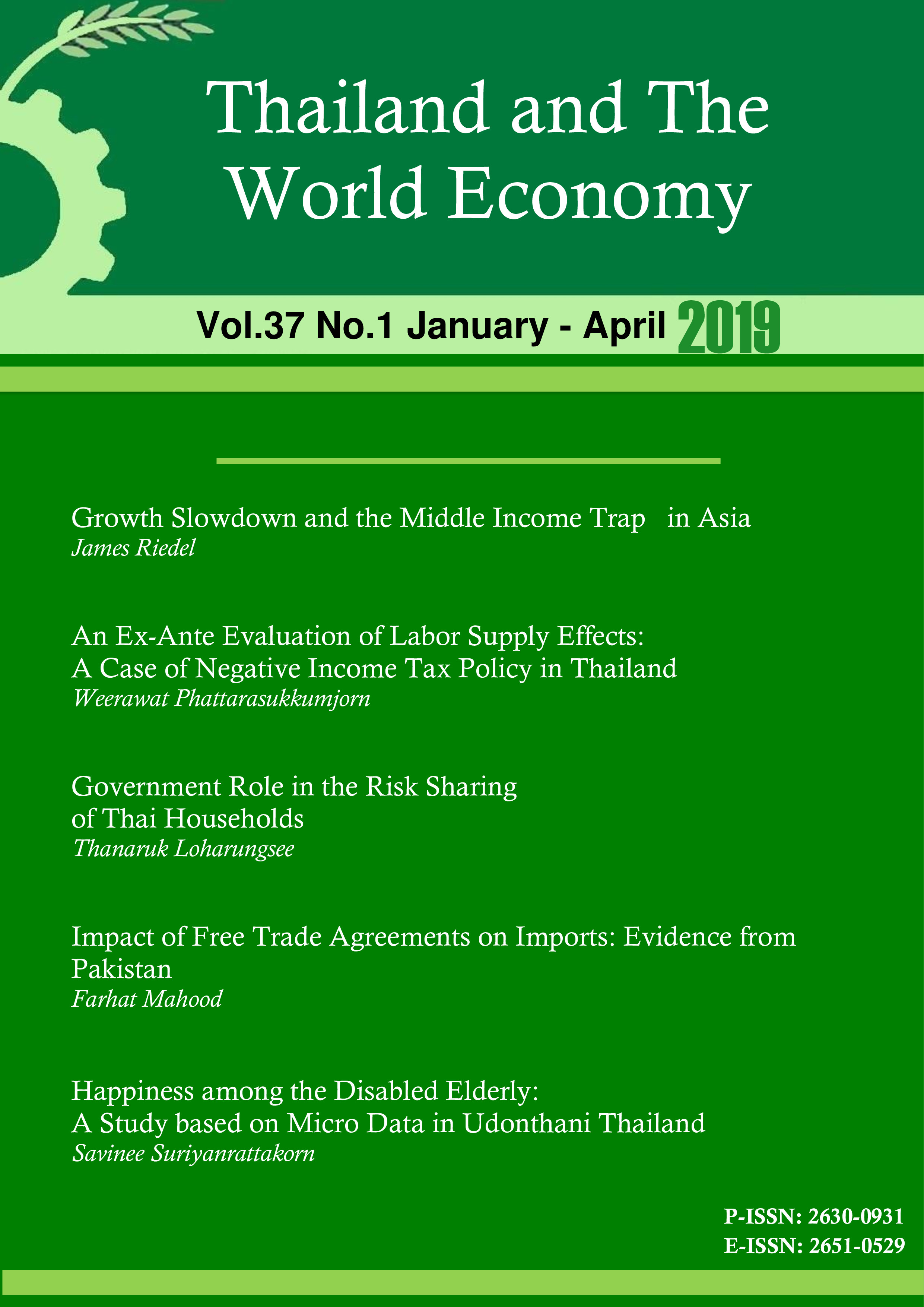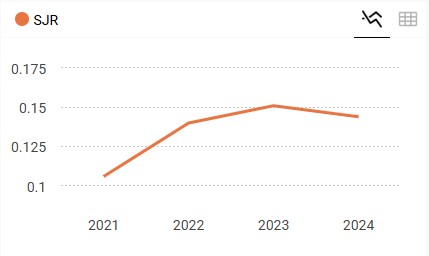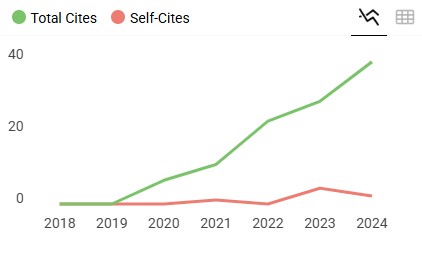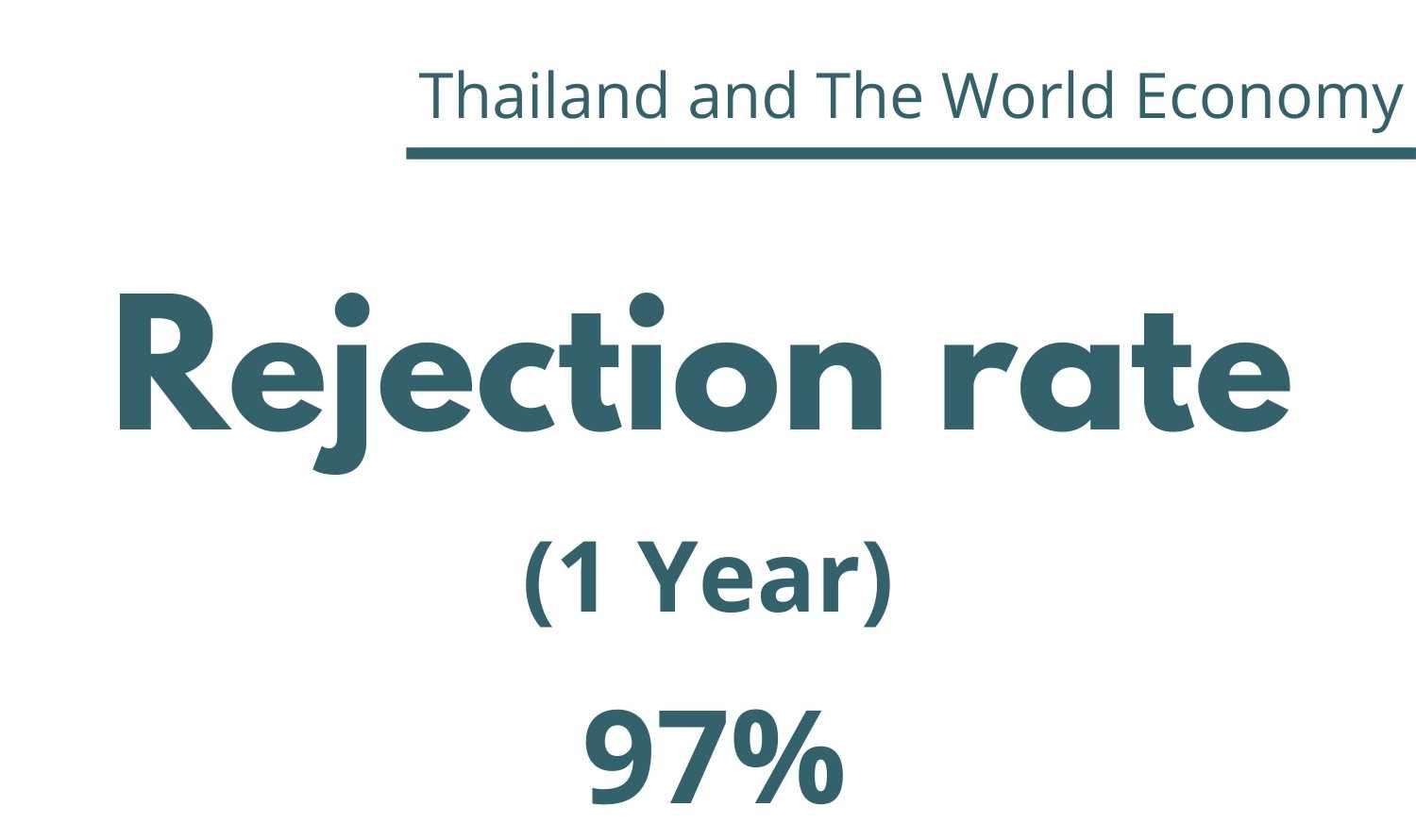An Ex-Ante Evaluation of Labor Supply Effects: A Case of Negative Income Tax Policy in Thailand
Keywords:
poverty, income inequality, social welfare, negative income tax, ex-ante evaluationAbstract
This study aims to ex-ante evaluate the effects of a negative income tax initiative, proposed by the Fiscal Policy Office, on Thai labor participation and labor supply. There are two expected outcomes: cash transfers will attract those who aim to join the labor force, but the currently employed may be demotivated by the policy. A Socio-economic Survey and Labor Force Survey of 2013 are jointly applied with a truncated normal hurdle regression to estimate both effects. The estimation reveals that both effects are significant: a one-percent increase in expected wage income leads to a 1.33-percent increase in labor participation probability for single workers and a 0.41-percent increase for married workers. On the other hand, a 100-baht wage increase is estimated to result in a reduction in working hours of 1.08 for each employed worker. Overall, measured net economic loss outweighs total gains, but both values are trivial, which might not be a serious issue if the program is actually implemented. The income-distribution effect of the policy is also tiny, reducing the household income Gini coefficient by 0.005 points.
References
Ananaphibut, P., Panichwong, W., Srisoontorn, S. & Lasorn, L. (2014). Negative income tax for Thailand. Thailand fiscal economy: Challenges, reformation and sustainability (in Thai). Bangkok.
Athreya, K., Reilly, D., & Simpson, N. (2014). Single mothers and the earned income tax credit: Insurance without disincentives?. Working Papers Series No.14(11), Federal Reserve Bank of Richmond.
Blundell, R., McCurdy, T., & Meghir, C. (2007). Labour supply models: Unobserved heterogeneity, Non-participation and dynamics. Handbook of Econometrics, 6A, 4670-4771.
Borjas, G. J. (2015). Labor Economics (7th ed.). McGraw-Hill.
Bourguignon, F., Ferreira, F., & Leite, P. G. (2002). Ex-ante evaluation of conditional cash transfer programs: The case of Bolsa Escola. Policy Research Working Paper Series No. 2916, World Bank.
Cragg, J. (1971). Some statistical models for limited dependent variables with application to the demand for durable goods. Econometrica, 39(5), 829-844.
Eissa, N., & Hoynes, H. (2006). Behavioral responses to taxes: Lessons from the EITC and labor supply. Tax Policy and the Economy, 20(1), 73-110.
Eissa, N., & Liebman, J. (1996). Labor supply response to the earned income tax credit. The Quarterly Journal of Economics, 111(2), 605-637.
Labor Statistics, National Statistical Office. (2014). Summary on labor force survey of 2013 (in Thai). Bangkok: National Statistical Office.
Leite, P., & World Bank. (2011). How do ex ante simulations compare with ex post evaluations: Evidence from the impact of conditional cash transfer programs?. Policy Research Working Papers No.5705, World Bank.
Manprasert, S., Arayavechkit, T. & Pinthong, C. (2016). Economy in aging society: The new context of economic development and income inequality in Thailand. Retrieved from https://www.pier.or.th/?post_type=abridged&p=2707.
Mutitacharoen, A. (2014). Evaluation of conditional cash transfer for worker in Thailand. Retrieved from http://thaipbo.org/nit.
National Economic and Social Development Board. (n.d.). Poverty and income distribution. Retrieved from http://social.nesdb.go.th/SocialStat/StatSubDefault_Final.aspx?catid=13.
Krishnaswamy, K. (1990). Poverty and income distribution. Bombay: Published for Sameeksha Trust by Oxford University Press.
Schafer, J., & Graham, J. (2002). Missing data: Our view of the state of the art. Psychological Methods, 7(2), 147-177.
Todosijevi , B. (2012). Transfer of variables between different data sets, or taking previous research" seriously. , 113(1), 20-39.
Trampe, P. (2007). The EITC disincentive: The effects on hours worked from the phase-out of the earned income tax credit. Econ Journal Watch, 4(3), 308-320.
Widerquist, K. (2005). A failure to communicate: What (if anything) can we learn from the negative income tax experiments?. The Journal of Socio-Economics, 34(1), 49-81.










